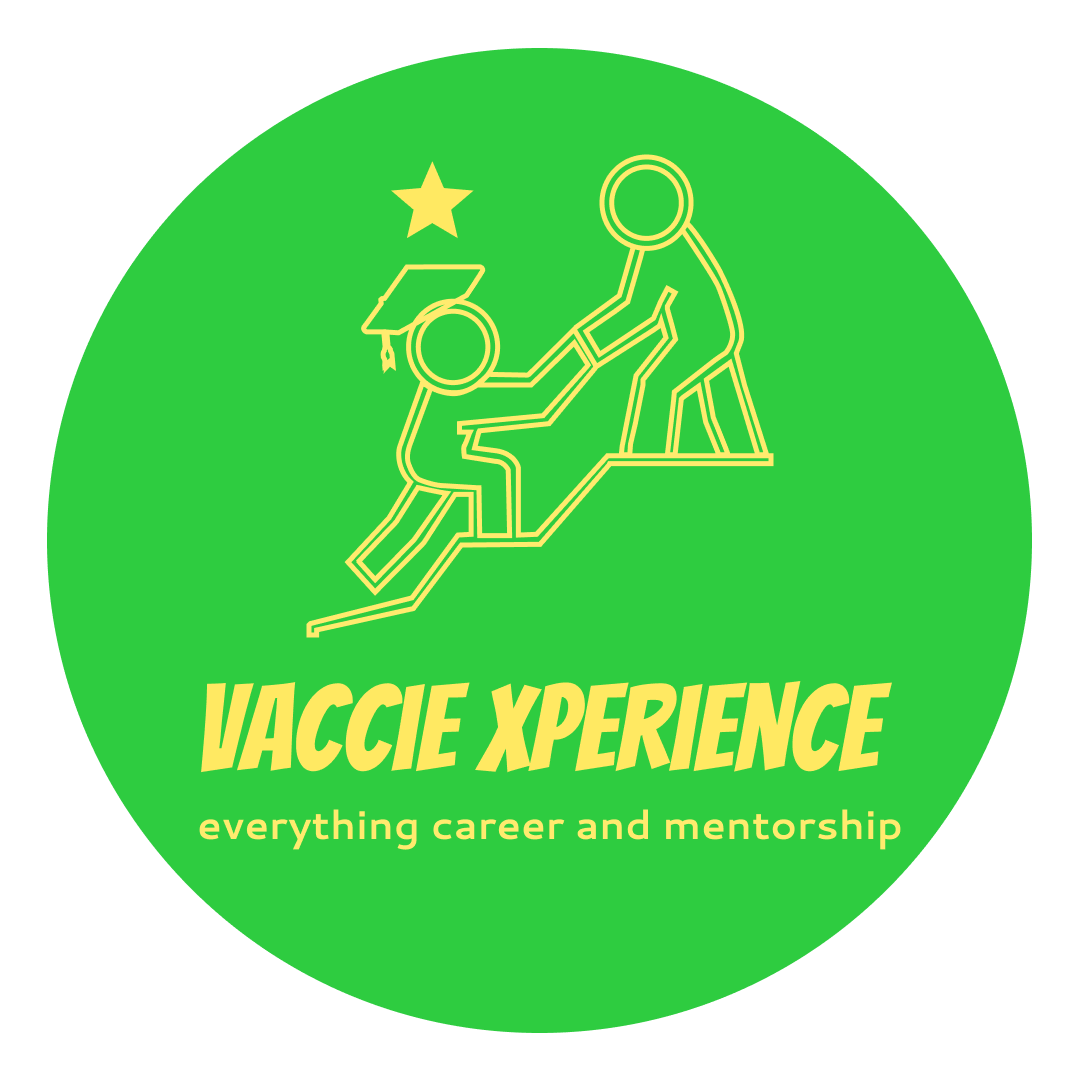"Empowering Futures, One Connection at a Time."
Explore: Software Development Intern
Brief description of the role
Key responsibilities and day to day tasks of the job
As a Software Development Intern at a dynamic Fintech Startup, my role is both challenging and rewarding, offering real-world exposure to building software solutions that support financial services and transactions. Each day begins with a team stand-up, where I share progress, discuss blockers, and align with developers, product managers, and sometimes even UX designers.
On the technical side, I write, test, and debug code primarily using languages and frameworks such as JavaScript (React, Node.js) or Python (Django/Flask), depending on the stack the company uses. I frequently work on backend logic like building and integrating APIs that interact with databases, handling user authentication, and ensuring secure transactions—core elements of most fintech applications.
I’m also given tasks that involve the front-end, including making UI changes, fixing layout issues, and enhancing user flows to ensure customers have a smooth experience. This means using version control systems like Git, participating in code reviews, and learning how to break down tasks into issues on platforms like Jira or Trello.
Beyond coding, I attend product meetings to understand how user needs and compliance requirements shape technical decisions. I sometimes sit in on client feedback sessions to see how our work is perceived in real-life use cases, which helps in understanding the impact of my contributions.
I maintain detailed documentation of code, system processes, and learned insights—an essential part of software development that ensures team continuity and scalability. Lastly, I participate in regular learning sessions or workshops the startup hosts, allowing me to deepen my understanding of topics such as data security, fintech regulations, cloud computing, and agile development practices.
Skills most important for success in this role
Programming Knowledge – Proficiency in languages like Python, Java, C#, JavaScript, or others depending on the stack.
Problem-Solving Skills – The ability to break down a problem and find logical, efficient solutions.
Understanding of Data Structures & Algorithms – This helps you write optimized code and is essential for technical interviews.
Version Control (e.g., Git/GitHub) – Working in teams means you must know how to manage code collaboratively.
Attention to Detail- One small typo can crash a program — debugging requires precision.
Communication & Teamwork – Developers don’t work in isolation. You’ll need to communicate clearly in code reviews, stand-ups, and team meetings.
Eagerness to Learn – Technologies change quickly. Curiosity and the ability to pick up new tools fast is crucial.
Familiarity with Software Development Lifecycle (SDLC) – Especially Agile or Scrum if you’re working in teams.
School subjects / tertiary courses / required certificates
School Subjects (High School)
Mathematics – Strong logic and problem-solving skills are essential.
Information Technology (IT) – Introduces programming, computer systems, and basic networking.
Physical Sciences – Helps develop analytical thinking and a scientific approach to problem-solving.
Business Studies (optional) – Useful for understanding financial systems and markets.
Tertiary Courses
Bachelor of Computer Science; Bachelor of Information Systems; Bachelor of Software Engineering; Bachelor of Engineering (Electrical or Computer); Bachelor of Data Science; Bachelor of Commerce in Information Systems (especially relevant for fintech)
Shorter courses or diplomas in:
Full-Stack Web Development
Mobile App Development
Data Analytics or Fintech Fundamentals
Kind of work environment (e.g Office based, remote, fieldwork etc)
As a Software Development Intern at a fintech startup, I work in a hybrid or remote environment, though some companies may offer on-site coworking spaces in urban areas. Here’s what the work setting is typically like:
*Work Setup
Remote or Hybrid Setup: Most startups, especially in fintech, embrace remote work tools like Slack, Jira, and GitHub for collaboration. I attend daily stand-ups via Zoom or Google Meet.
Flexible Hours: Startups often have a flexible schedule—as long as I meet deadlines and attend meetings, my work hours can vary.
Agile Workflow: We work in short development sprints using Agile or Scrum methodology. Each sprint typically ends with a demo or review.
Mentorship-Oriented: I get regular feedback and support from senior developers or team leads, often in informal 1-on-1 sessions or code review meetings.
*Work Culture
Fast-paced and Collaborative. Everyone wears multiple hats, and interns are encouraged to contribute ideas or prototypes.
Innovation-driven – Experimentation is encouraged—if I want to try a new tech stack or tool, I usually get the green light to explore it.
Goal-Oriented – Despite the informal culture, deliverables and deadlines are taken seriously due to investor and client expectations.
Potential career progression opportunities in the field
Junior Developer → Software Engineer → Senior Developer
The most direct path, usually focusing on either front-end, back-end, or full-stack development.
Tech Lead / Engineering Manager
Leading development teams and managing projects.
DevOps Engineer
Specializing in deployment, automation, and infrastructure.
Product Manager / Technical Project Manager
Moving toward the business and coordination side, using your technical background to manage development workflows.
Specialist Roles
Such as Mobile App Developer, AI/ML Engineer, Cloud Engineer, Cybersecurity Analyst, or Data Engineer.
Freelancer / Startup Founder
Many developers eventually create their own platforms or apps.
Are there any internships, work experience or volunteer opportunities that would help gain exerience in this field
Open Source Contributions (e.g., GitHub projects)
A great way to practice collaboration and show off your code.
Hackathons (online or in person)
They help you build real projects under pressure and collaborate with others.
University IT Departments or Labs
Ask about volunteering as a student assistant or developer.
Freelancing Platforms (Fiverr, Upwork)
Start small by building simple websites or tools for clients.
Coding Bootcamps / Online Challenges
